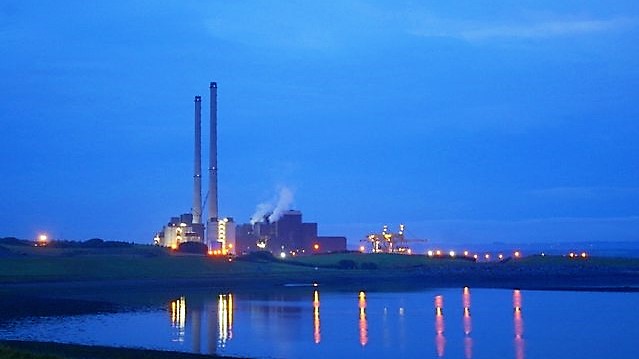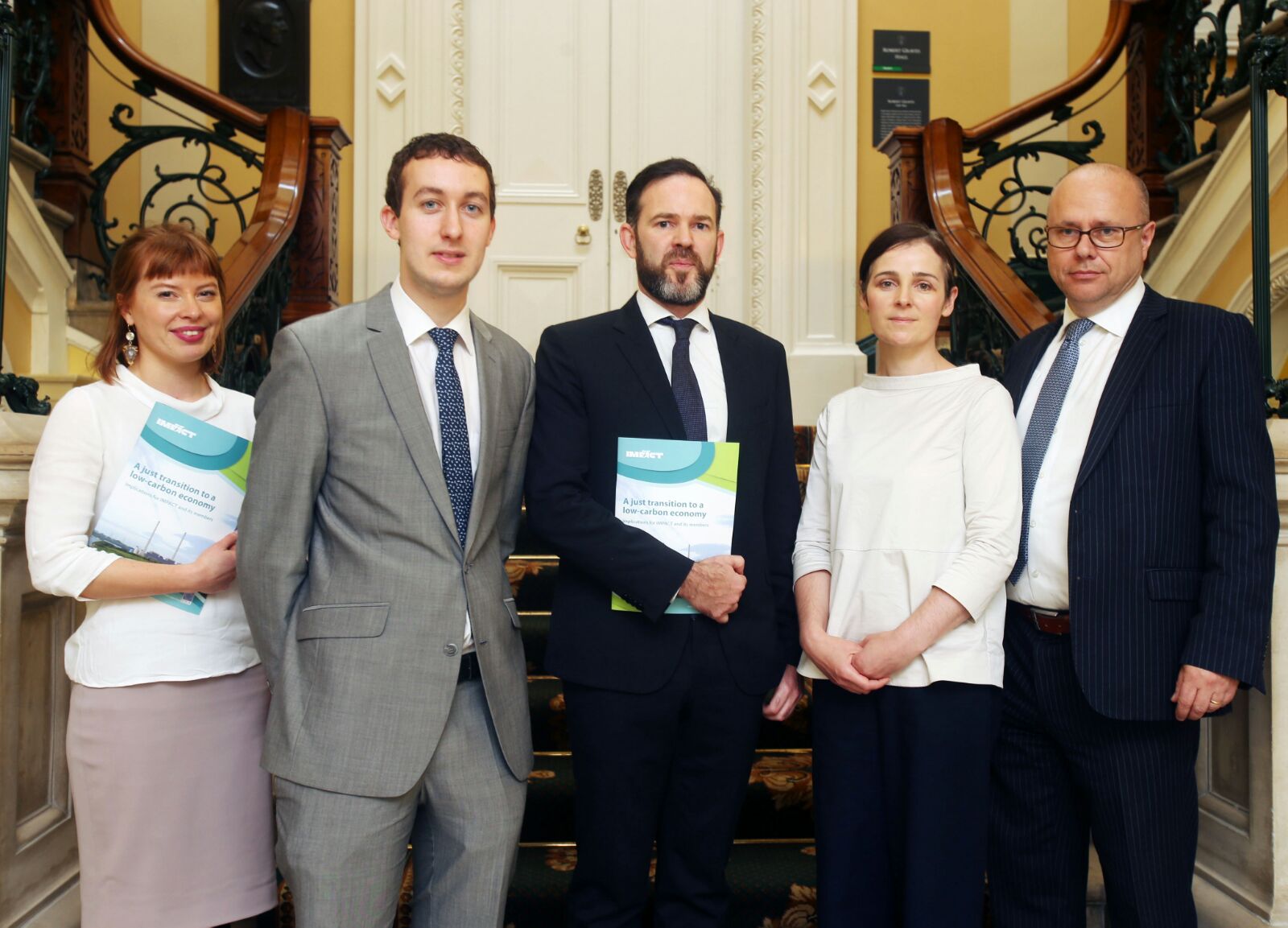COP23: New global alliance launched to push for coal phase-out

November 20th, 2017
A global partnership dedicated to phasing out the use of coal was launched by the United Kingdom and Canada at COP23 last week.
The Powering Past Coal Alliance will have over 20 partners consisting of national and state governments, such as Vancouver and Washington, who have committed to replacing coal with cleaner policies and investments.
The alliance aims to achieve 50 partners by next year’s COP which will be held in the coal-mining city of Katowice, Poland in 2018. It is estimated that forty per cent of the world’s electricity is still generated by coal.
“Reducing global coal consumption should be a vital and urgent priority for all countries and states,” said Claire Perry, UK’s Minister for Climate Change and Industry at the launch of the alliance.
Canada’s Minister for Climate Change and Industry, Catherine McKenna added that coal is “literally choking our cities” with close to a million people dying every year from coal pollution.
“Phasing out coal power is good news for the climate, for our health, and for our kids. Coal is literally choking our cities,” she added.

Moneypoint Power Station Photo: Tiger
The future of coal in Ireland
Nine European Union members and Switzerland have signed up to the alliance, however, Ireland will not be a part of the initial group.
Coal mining began in Ireland in the late 1630s with coal fields found in parts of Kilkenny, Carlow, and Laois.
Today, Moneypoint power station in Co Clare imports and burns around two million tonnes of coal a year from as far afield as Colombia.
It remains one of Ireland’s largest power stations with an output of over 900MW, accounting for around a fifth of Ireland’s total electricity needs.
In a statement, the Department of Communications, Climate Action and Environment (DCCAE) told The Green News that it “has not taken any position at this point in time” in relation to joining the new Alliance.
The department said that Moneypoint contributes to “diversifying Ireland’s fuel mix and the provision of competitively priced electricity”, adding, however, that key decisions on the future of the ESB-run station “will have to be taken before 2020”.







